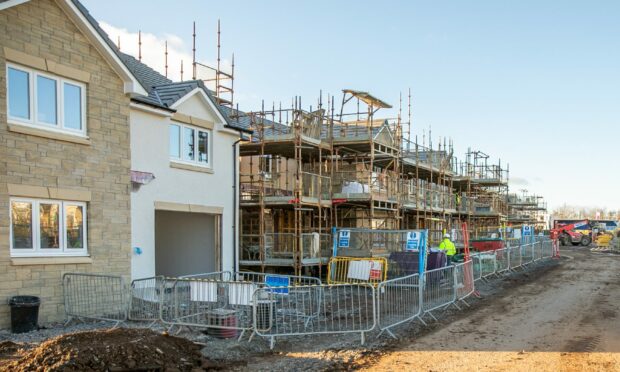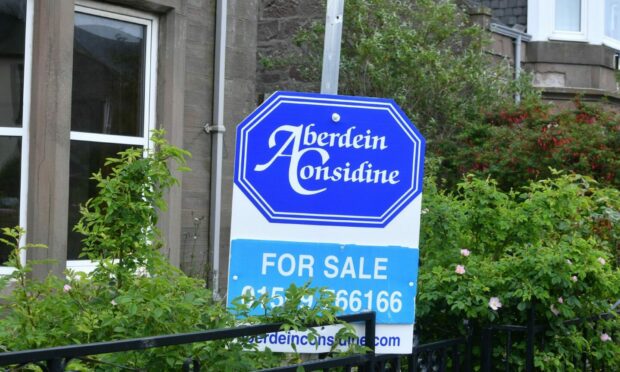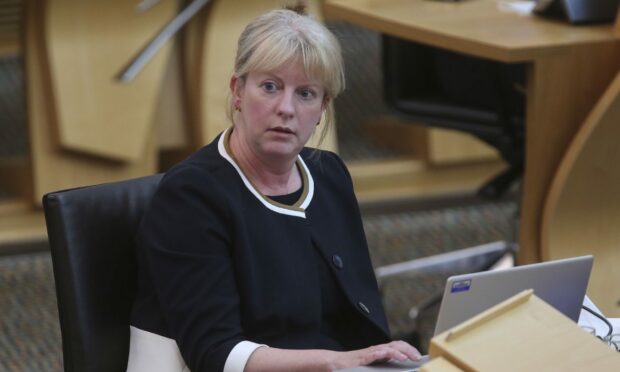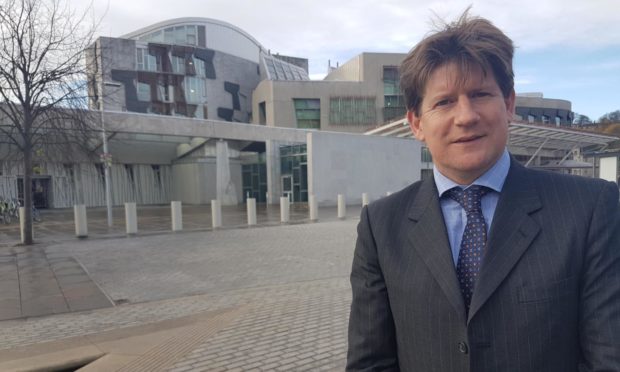Desperate first-time buyers almost crashed a website as more than 100 applications for cash help were lodged every hour on the day the Scottish Government’s £60 million First Home Fund reopened.
Newly released memos reveal 2,510 of the 2,900 places available on the hugely popular scheme were taken in the first 24 hours of its relaunch on April 1 last year.
And they show how officials raised fears about the “significant and unsustainable demand” for the financial support before the initiative was quietly axed in September.
Labour said the SNP had pulled the ladder from new home buyers and urged the government to offer more support beyond the open market.
How did the scheme work?
The shared equity scheme, which provided first-time buyers with up to £25,000 to help them buy a home, initially ran from December 2019 to October 2020, attracting more than 10,000 applications before hitting its near-£200m budget.

It reopened with a scaled-back £60m pot of money on April 1 last year.
But we exclusively reported at the time that the cash was fully committed within just eight days of the relaunch.
Scottish Government communications, released under freedom of information laws, have now shown that it actually almost ran out of money on the first day.
‘Technical issues’
On April 3, officials wrote to ministers saying: “The First Home Fund reopened at 09:00 on Thursday 1 April.
“Traffic to the administering agent’s website was very high initially, which led to some short-lived technical issues.”
We do not recommend a news release or a proactive quote are issued.”
Government memo
On April 8, they said: “The First Home Fund closed today at 15:50, when it had received 2,900 applications.
“As you know, 2,510 of these were received within 24 hours of reopening on 1 April.”
In August, officials prepared a report for new Housing Secretary Shona Robison.
They recommended the “end” of the First Home Fund, as well as the Help to Buy initiative, which provided up to 15% equity towards the purchase of new build homes up to a value of £200,000.
The officials reported that the case for such government support “based on a market failure rationale” had “significantly reduced”, with the number of new mortgages to first-time buyers in Scotland increasing by 27% in the first quarter of 2021.
Prospective home buyers are likely to be disappointed by the news.”
Their briefing added that a cut in “financial transactions” cash from the UK Treasury, as well as commitments to use the remaining money to fund the Scottish National Investment Bank and energy efficiency projects, meant there was “unlikely to be FTs available for shared equity schemes”.
The report said: “Prospective home buyers are likely to be disappointed by the news.”
Three days later, the Cabinet secretary’s private secretary responded, saying: “Ms Robison has noted and is content with the recommendations in your minute.”
However, it was also recommended that the government retain the Low-cost Initiative for First Time Buyers (LIFT), part of which offers between 10% and 40% equity of the purchase price, dependent on applicants financial circumstances and affordability.

Government officials initially planned to issue “a news release or a proactive quote” announcing the end of the First Home Fund and Help to Buy schemes.
But “after discussion”, they later said: “We do not recommend a news release or a proactive quote are issued.”
Ms Robison subsequently defended the move to the BBC, saying that first purchase figures were “very buoyant”, and that some people had been “perhaps buying a bigger property and a more expensive property” than they would have without support.
‘Shift the focus’
A government paper called “Housing to 2040”, which was published in March 2021, had previously signalled a move away from shared equity schemes.
“We will shift the focus to those who are either purchasing high-standard new build homes or purchasing an existing home with the intention to renovate or adapt it or improve its energy efficiency,” it said.
Analysis of official data showed that 28% of First Home Fund buyers, and 20% of Help to Buy buyers, said they could not have purchased any property which met their needs without financial assistance.
A majority said the First Home Fund allowed them to buy a larger property and use less savings than they would have otherwise, while the average household earnings of those supported was £40,400, slightly below the £42,000 recorded under Help to Buy.
One briefing note, released in response to our FOI request, said: “First Home Fund had no price cap. This, combined with the lack of means testing, resulted in significant and unsustainable demand over the short time it was available.”
Scottish Labour housing spokesperson Mark Griffin said: “People should be able to buy local and live local – allowing young people to set up roots near their families and remain close to their places of work.
“Instead of helping young people get a foot on the property ladder, the SNP have pulled it out from under them by slashing support.
“Putting proper support in place for first-time and low-income buyers is the bare minimum we should be doing rather than fobbing them off to the open market.”
Scottish Conservative MSP Alexander Burnett said: “The First Home Fund frankly wasn’t given the resources it needed to succeed.
“It came as no surprise when it ran out of money within a few days, that the website predictably crashed on day one, or that it was quietly ditched soon after.
“This was a major source of frustration for people looking to become first-time buyers.”


